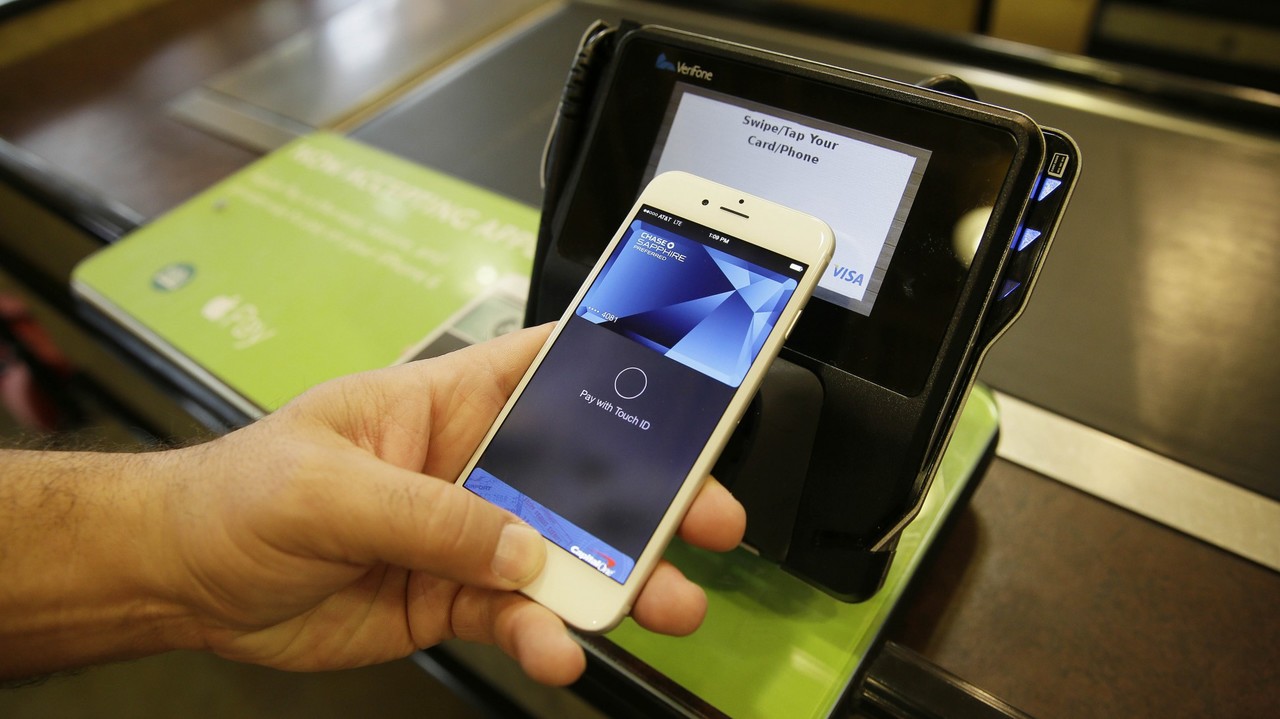Microsoft Corporation's Strategy and Innovations in the Consumer Identity and Access Management (IAM) Market

Strong 8k brings an ultra-HD IPTV experience to your living room and your pocket.
Microsoft Corporation has long been a titan in the technology sector, and its influence extends deeply into the Consumer Identity and Access Management (CIAM) Market. As digital transformation accelerates and cybersecurity threats evolve, Microsoft has strategically positioned itself as a leader in IAM by leveraging its extensive ecosystem, innovative technologies, and a customer-centric approach. This article explores Microsoft’s strategies, emerging innovations, and key developments in the Consumer Identity and Access Management market, highlighting how the company is shaping the future of secure digital identities.
Strategic Focus on Zero Trust and Cloud Integration
Microsoft’s strategy in the IAM market is heavily anchored in its adoption of the Zero Trust security model, which operates on the principle of “never trust, always verify.” This approach has become increasingly critical in the consumer space, where remote work, cloud adoption, and mobile device usage have expanded the attack surface. Through its Microsoft Entra suite, introduced in May 2022, the company has consolidated its IAM offerings, integrating tools like Azure Active Directory (Azure AD) with new solutions such as Decentralized Identity and Cloud Infrastructure Entitlement Management (CIEM). This suite reflects Microsoft’s commitment to providing a unified, cloud-native IAM platform that ensures secure access across hybrid and multi-cloud environments.
The shift toward cloud-based IAM solutions is a cornerstone of Microsoft’s strategy. With organizations and consumers alike relying on cloud services, Microsoft has capitalized on this trend by enhancing Azure AD—now rebranded as part of Microsoft Entra—to offer scalable, flexible, and cost-effective identity management. This aligns with market demands for seamless integration with cloud applications, enabling businesses to manage consumer identities efficiently while maintaining robust security. By embedding Zero Trust principles, Microsoft ensures that every access request is thoroughly verified, reducing the risk of credential theft and unauthorized access, which are among the leading causes of cyberattacks.
Emerging Innovations: AI, Passwordless Authentication, and Decentralized Identity
Microsoft is at the forefront of integrating artificial intelligence (AI) into its IAM solutions, a trend that is transforming the Consumer IAM landscape. The introduction of Microsoft Security Copilot, enhanced with new AI agents in 2025, exemplifies this innovation. Features like the Phishing Triage Agent use AI to analyze and prioritize phishing threats in real time, streamlining security operations for organizations managing consumer identities. Additionally, AI-driven Conditional Access Optimization dynamically adjusts access policies based on user behavior and risk signals, enhancing both security and user experience. These advancements demonstrate Microsoft’s focus on leveraging AI to proactively combat emerging threats while simplifying authentication processes.
Another significant innovation is Microsoft’s push toward passwordless authentication. Recognizing the vulnerabilities of traditional passwords, the company has embraced standards like FIDO2 and integrated them into Windows Hello and Microsoft Authenticator. This allows consumers to use biometrics, PINs, or security keys for authentication, reducing the attack surface and improving convenience. The widespread adoption of passwordless solutions, such as those seen in platforms like GitHub (a Microsoft subsidiary), underscores the company’s leadership in driving this trend within the Consumer IAM market.
Microsoft is also pioneering decentralized identity solutions, a disruptive innovation poised to redefine IAM. Through Microsoft Entra Verified ID, the company leverages blockchain technology to enable self-sovereign identities, where consumers control their own identity data without relying on centralized authorities. This aligns with growing demands for privacy and data ownership, offering secure, verifiable credentials for applications like digital wallets and online services. By investing in decentralized identity, Microsoft is addressing both regulatory compliance and consumer expectations for transparency and control.
Key Developments in the Consumer IAM Market
Microsoft’s developments in the Consumer IAM market are marked by strategic partnerships and continuous product enhancements. The long-term collaboration with OpenAI has bolstered its AI capabilities, integrating advanced models into consumer-facing products like Microsoft Edge and Bing, as well as enterprise IAM tools. This partnership enhances identity verification and threat detection, providing a competitive edge in delivering secure, AI-powered experiences.
The expansion of Microsoft Entra has been a pivotal development. By unifying its IAM tools under this brand, Microsoft has streamlined its offerings, making it easier for businesses to deploy comprehensive identity solutions for their customers. The inclusion of CIEM addresses the complexities of managing permissions in cloud environments, a critical need as consumers increasingly interact with cloud-based services. Furthermore, the 1Kosmos and Microsoft Entra ID integration, announced in March 2025, allows enterprises to unify identity verification and passwordless access across Microsoft and non-Microsoft applications, closing security gaps and enhancing interoperability.
Microsoft’s commitment to regulatory compliance and privacy also shapes its IAM developments. With tools designed to meet standards like GDPR and CCPA, the company ensures that its Consumer IAM solutions balance security with user consent and data protection. This is particularly evident in its focus on improving user experience (UX), where simplified login processes and intuitive interfaces reduce friction for consumers while maintaining high security standards.
Conclusion
Microsoft Corporation’s strategy in the Consumer Identity and Access Management market is a blend of forward-thinking innovation and pragmatic adaptation to market needs. By prioritizing Zero Trust, cloud integration, and emerging technologies like AI, passwordless authentication, and decentralized identity, Microsoft is not only responding to current cybersecurity challenges but also anticipating future demands. Its key developments, including the expansion of Microsoft Entra and strategic collaborations, reinforce its position as a leader in the IAM space. As the digital landscape continues to evolve, Microsoft’s holistic approach ensures that it remains a trusted partner for businesses and consumers alike, delivering secure, scalable, and user-friendly identity management solutions.
Note: IndiBlogHub features both user-submitted and editorial content. We do not verify third-party contributions. Read our Disclaimer and Privacy Policyfor details.







